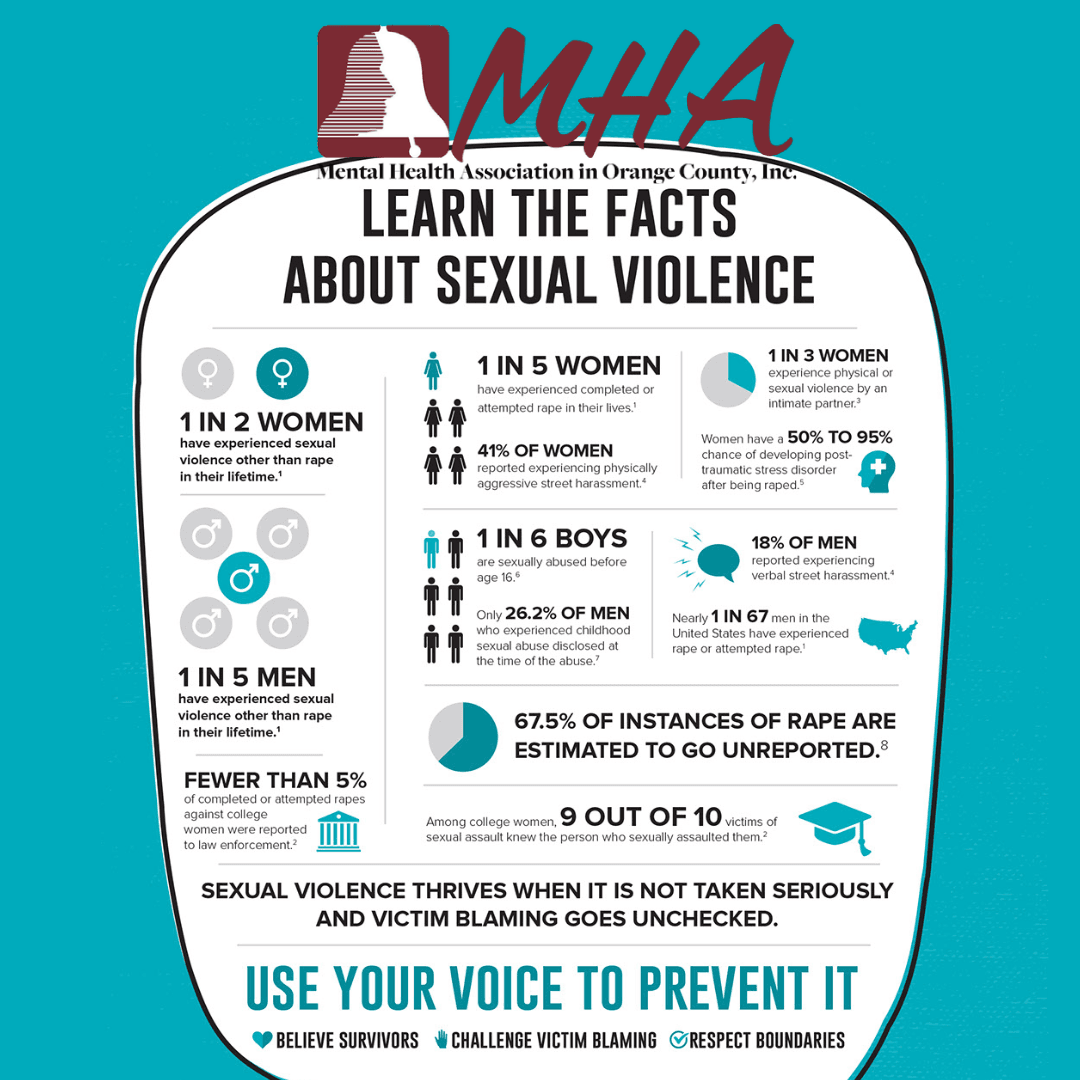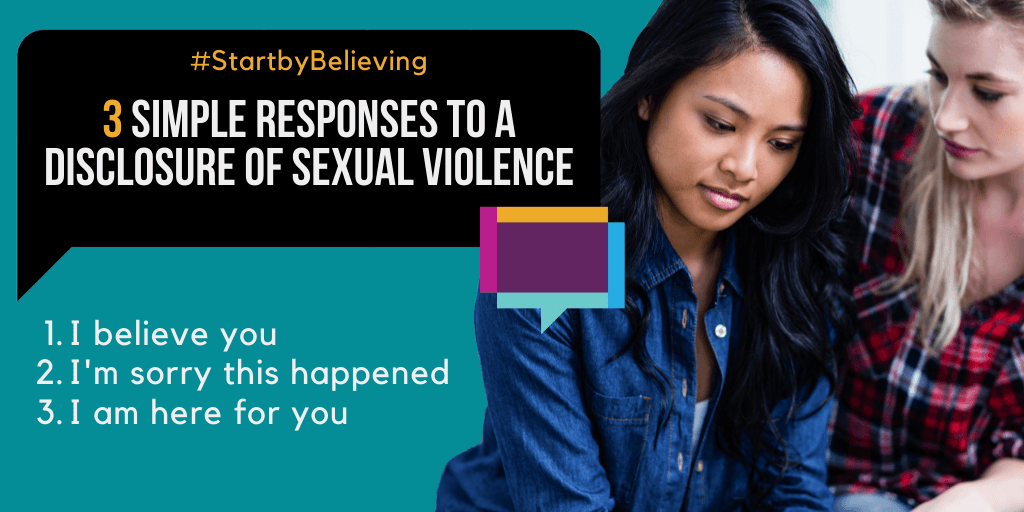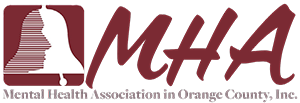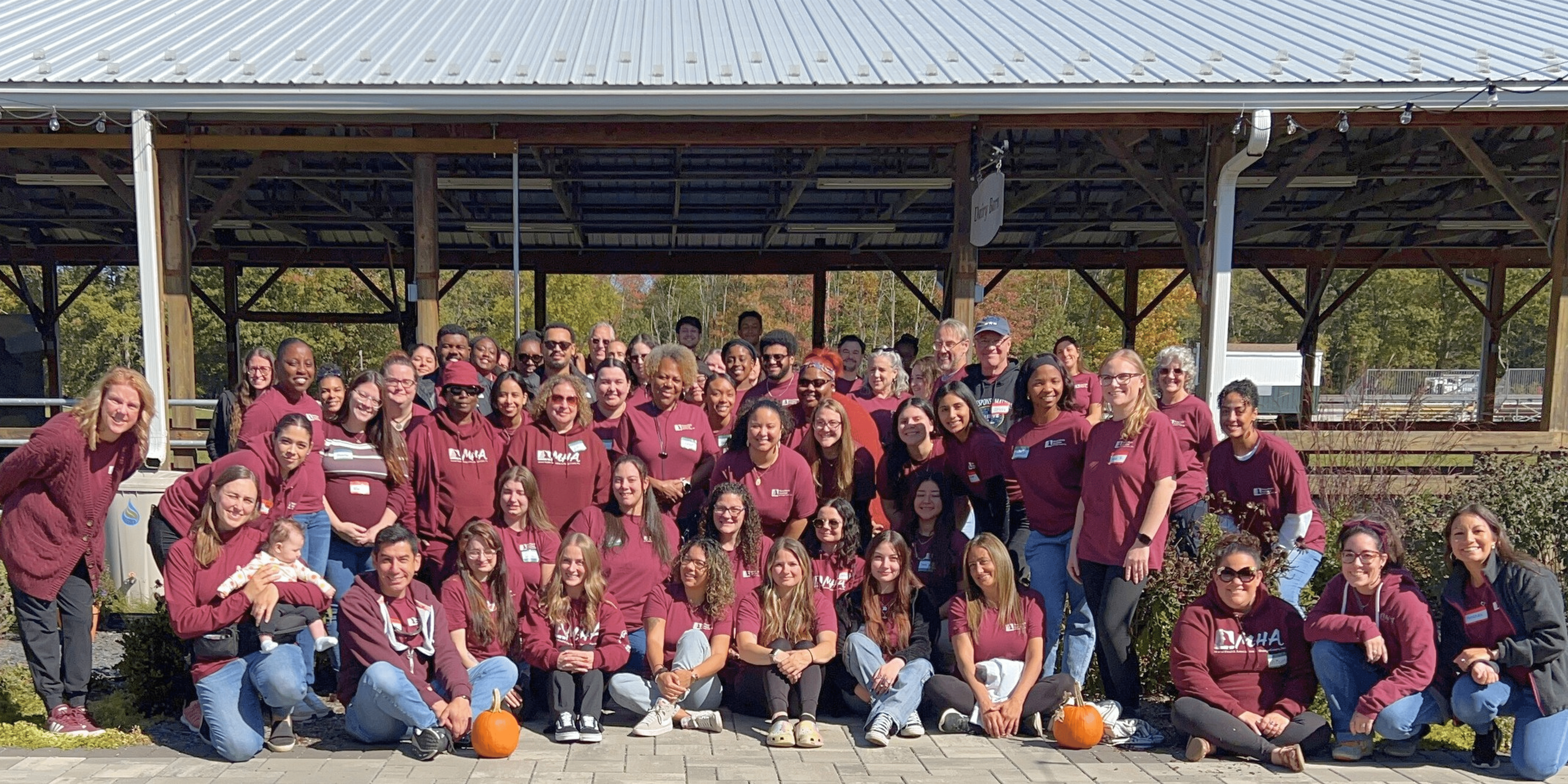
Sexual Assault Awareness Month
Sexual Assault Awareness Month, observed each April, is a campaign that aims to increase awareness about the causes and risk factors for sexual assault and empower individuals to take steps to prevent it in their communities. Since 2001, the National Sexual Violence Research Center has coordinated annual programming, developing materials and resources for organizations and agencies to use. The SAAM campaign works with a variety of non-profit organizations and foundations to spread the message of awareness and prevention through educational programs, public events, and petitions for legislative action.
History Of Sexual Assault Awareness Month
Observed as an opportunity to promote education and the prevention of sexual violence, Sexual Assault Awareness Month (SAAM) traces its history to the 1970s, when activists first began organizing on a national scale to reduce sexual assault and violence against women. Advocates fought tirelessly to bring a topic once taboo for public discussion out of the shadows and shed light on the widespread problem of sexual assault.
The first rape crisis center in the U.S., Bay Area Women Against Rape, opened in 1971, with the dual goals of providing counseling and advocacy to survivors and educating the community. Their work paved the way for more groups and coalitions, and in 1976, the first Take Back the Night rally brought increased visibility as activists organized more public events. Take Back the Night, a series of marches organized to protest rape and sexual assault, broadcast the message that women should not be afraid to be out at night.
By the 1980s, the National Coalition Against Sexual Assault was mobilizing groups across the country to act at higher levels. In 1994, after a long campaign, Congress passed the Violence Against Women Act, the first legislation to require law enforcement to treat domestic violence as a crime and not a private matter.
In 2001, the first official Sexual Assault Awareness Month once again brought the issue into public consciousness and reinvigorated a national network of events and support groups that raise awareness and provide resources to survivors and those at risk. The Rape, Abuse, & Incest National Network (RAINN) supports a network of over a thousand rape crisis centers.
The campaign addresses a broad range of issues including sexual health and consent and engages with diverse populations by developing culturally sensitive foreign-language materials.
Sexual Assault Awareness Month Events
Wear Teal on the Day of Action
The first Tuesday of every April is the SAAM Day of Action. The Day of Action is an opportunity to start off the month with highly visible and coordinated actions. Chances are someone in your life is a survivor of sexual harassment, assault, or abuse, even if they have never shared their story with you. Show your support for survivors of sexual harassment and abuse by wearing teal — the color of sexual violence prevention.
Plan an event, schedule SAAM-related social media content, participate in the #30DaysofSAAM, or find your own way to get involved.
Denim Day – April 26, 2023
Denim Day is a campaign on a Wednesday in April in honor of Sexual Assault Awareness Month. The campaign began after a ruling by the Italian Supreme Court where a rape conviction was overturned because the justices felt that since the victim was wearing tight jeans, she must have helped the person who raped her remove her jeans, thereby implying consent. The following day, the women in the Italian Parliament came to work wearing jeans in solidarity with the victim. Since then, what started as a local campaign to bring awareness to victim blaming and destructive myths that surround sexual violence has grown into a movement. As the longest running sexual violence prevention and education campaign in history, Denim Day asks community members, elected officials, businesses and students to make a social statement with their fashion statement by wearing jeans on this day as a visible means of protest against the misconceptions that surround sexual violence.

Most victims of sexual assault do not report the crime to law enforcement. Many never tell anyone. Then because so few assaults are reported – most perpetrators walk free. Sometimes, a victim will come to the hospital first, rather than going to the police, and you may be the very first person they tell. What will your reaction be? It’s time to end this cycle of silence.
WHAT IS START BY BELIEVING?
Start by Believing is a public awareness campaign designed to end the cycle of silence and change the way we respond to sexual assault. It was first launched in April 2011. Since then, thousands of professionals across the country and around the world have made their own personal commitment:
My name is Jami Lympany. I am an RN. When someone tells me they were raped or sexually assaulted, I Start by Believing. My name is Abigail Wells. I am Sexual Assault Nurse Examiner. When someone tells me they were raped or sexually assaulted, I Start by Believing.
My name is Lucia Torres. I am Emergency Room nurse in Good Shepherd Emergency Department in Barrington, Illinois. In my career, I helped a lot of victims of sexual assault. When someone tells me they were raped or sexually assaulted, I Start by Believing.
But it’s more than just a personal pledge. By transforming personal and professional responses to sexual assault, we can help victims pursue justice and healing. Failed responses… additional victims. Stop the cycle and make our communities safer.
WHY IS THE PLEDGE IMPORTANT?
Decades of research demonstrates that sexual assault victims are often doubted or blamed, and these negative responses have a number of harmful effects. They also decrease the chance that victims will report the crime and reach out for help.
WHAT DOES IT MEAN FOR HEALTH CARE PROFESSIONALS?
Anyone can make a commitment to Start by Believing in their personal life. But some have questioned whether it is appropriate for health care providers, particularly those who conduct medical forensic examinations. Not only is the message appropriate for these professionals, it is the way they do business in every patient encounter. When a patient tells a nurse or doctor that her stomach hurts, the health care provider will begin evaluation and treatment from that assumption – while remaining open to alternative possibilities. Similarly, when a patient says he was sexually assaulted, treatment and services will begin from that starting point. In fact, it is not the role of a health care provider to make a determination regarding whether or not a patient has been sexually assaulted. That is a legal question. The health care provider’s role is simply to provide testing, treatment and services, which can include forensic evidence collection when requested. If the health care provider is later called to testify in court, their conclusion will simply be to determine whether the findings are or are not “consistent” or “congruent” with the history given by the patient.
TAKE THE PLEDGE
Start by making your own personal commitment to Start by Believing.
- I pledge to Start by Believing when someone tells me about their sexual assault.
- I pledge to help survivors on the road to justice and healing.
- I pledge to end the cycle of silence. Pledge now
Click here to take the pledge.
SPREAD THE WORD
Then share the message with others. We have all the tools you need. Check out the personal action kit and community action kit to learn how to get started. Display posters or brochures with the Start by Believing logo in prominent areas where victims and their loved ones will see them, such as the hospital lobby, Emergency Department waiting area, forensic exam room, and on your facility’s website.


